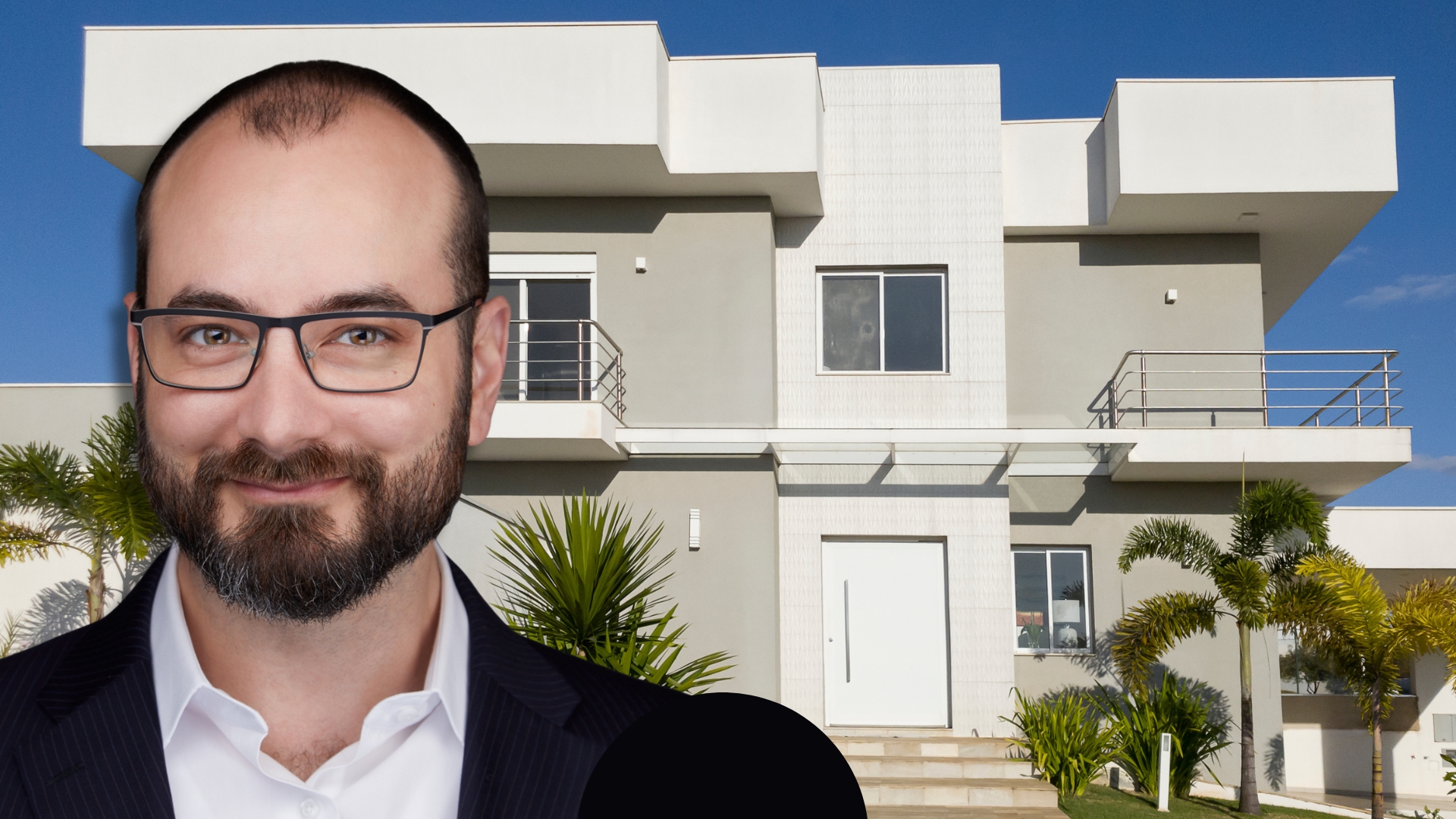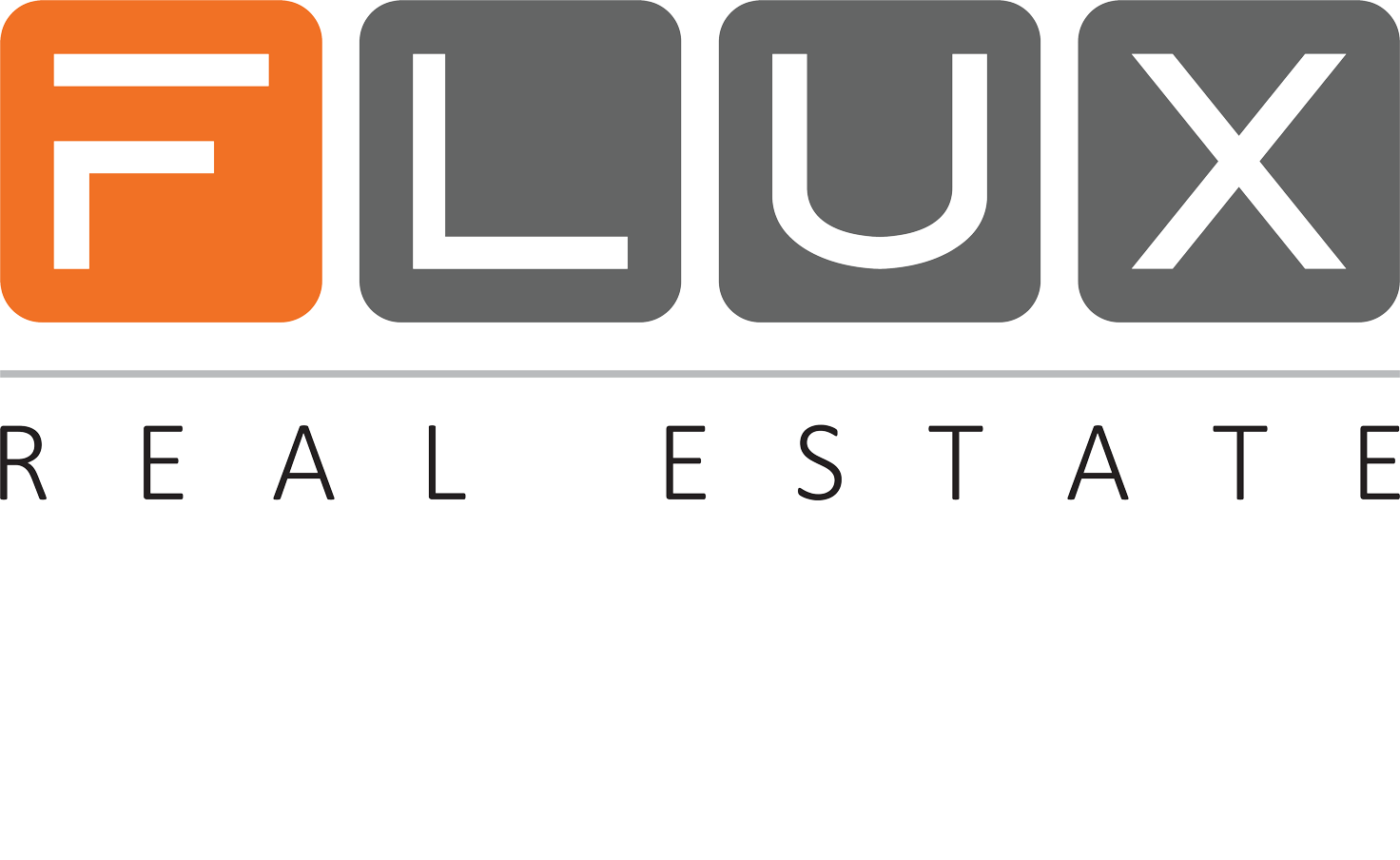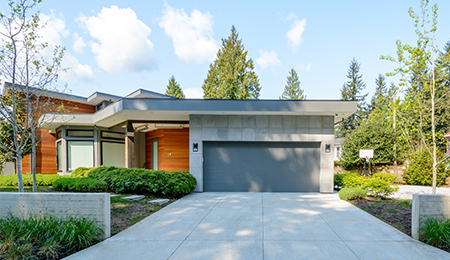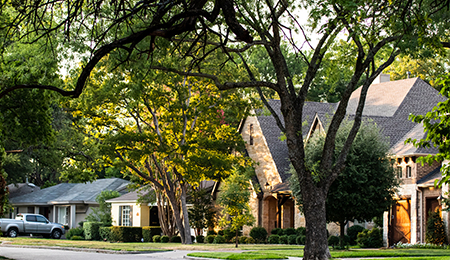
From closing costs to HOA fees, hidden fees can affect your home-buying budget. Learn what to expect and how to budget effectively for a smooth closing.
You’ve saved up for a down payment, gotten pre-approved, and found your dream home. Great! Now, you’re ready to buy your dream home, right? That’s what most people believe. However, in 2025, the price of the home is just the starting point.
I recently helped a couple who thought they were all set to buy their home. They had $40,000 for the down payment, secured pre-approval, and even saved some extra for closing costs. However, when it was time to finalize the purchase, they faced over $6,000 in unexpected expenses, including home inspections, HOA charges, and other fees they hadn’t planned for. This caused a delay in closing, and they had to tap into their emergency savings. With a bit more clarity from the start, they could have avoided this stress.
Here are some key expenses you should be aware of if you’re considering buying a home today:
1. Closing costs. Most buyers have heard of closing costs, but often underestimate them. In 2025, expect to pay between 2% and 5% of the purchase price at closing. This covers lender fees, appraisals, title insurance, attorney charges, escrow setup, you name it. For a $400,000 home, that could be between $8,000 and $20,000. Ask your lender for a detailed breakdown early so you can plan accordingly.
2. Prepaids and escrow accounts. Lenders typically require you to prepay several months’ worth of homeowners’ insurance and property taxes before closing. This isn’t optional and often isn’t included in your “down payment” estimate. Depending on where you live, this could mean thousands upfront. In high-risk areas, like flood zones, insurance costs can be even higher.
“There’s a lot more you need to pay for than just down payment costs. ”
3. Inspections and move-in expenses. Home inspections are essential but come with costs. A general inspection can range from $300 to $500, depending on factors like location, size, and age of the house. Specialized tests, like mold or radon, cost more. Then there are repair costs, pest treatments, and possibly appliance replacements. Don’t forget move-in expenses like blinds, new locks, paint, or landscaping, which can add another few thousand dollars.
4. HOA fees and one-time community charges. If your new home is in a homeowners association (HOA), don’t assume the monthly dues are the only costs. Many HOAs charge one-time fees at closing, such as transfer fees or initiation fees. The average monthly HOA fee in the U.S. is $291 and is non-negotiable. To avoid surprises at closing, request a full breakdown of HOA financial obligations before making an offer.
5. Utility setups and hidden service deposits. It’s easy to overlook utility setup costs when you’re focused on buying, but they can add up quickly. Many providers require deposits, especially if you’re moving from out of state or have a limited credit history. These deposits for electric, water, gas, internet, and trash service can total several hundred dollars. You might also need to prepay your first month of service, along with one-time fees for mailbox keys or local permits.
Buying a home in 2025 is a significant milestone and investment. Hidden fees and unexpected expenses can add up quickly, and if you’re not prepared, they can throw your budget off track. Preparing to buy is more than just getting your down payment ready; being informed can help you avoid financial surprises at the closing table.
Need more guidance? Let’s connect. Feel free to call, text, or email me. I’ll be happy to help.



